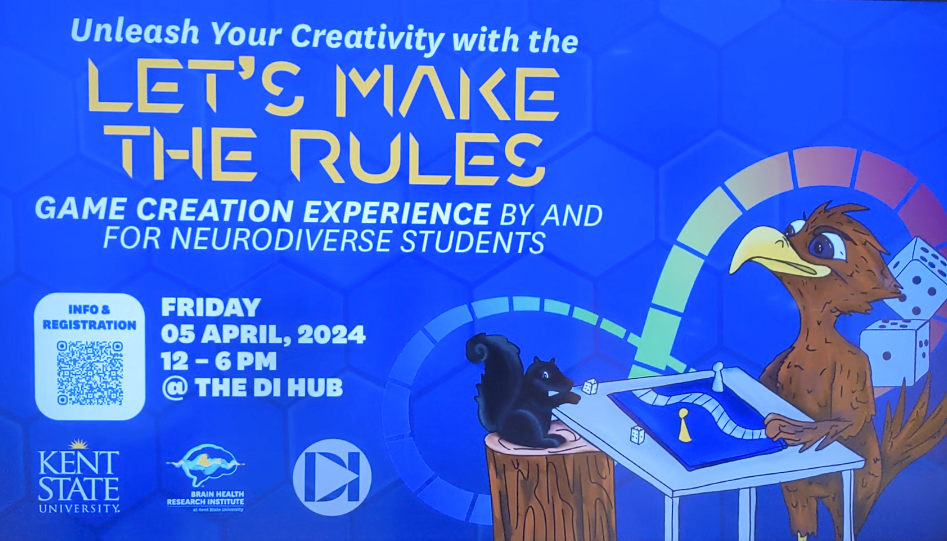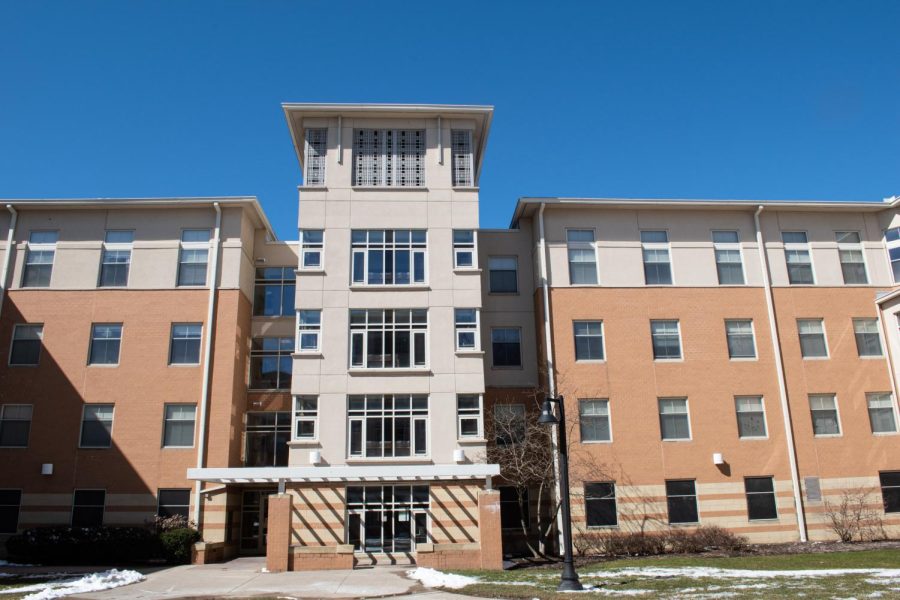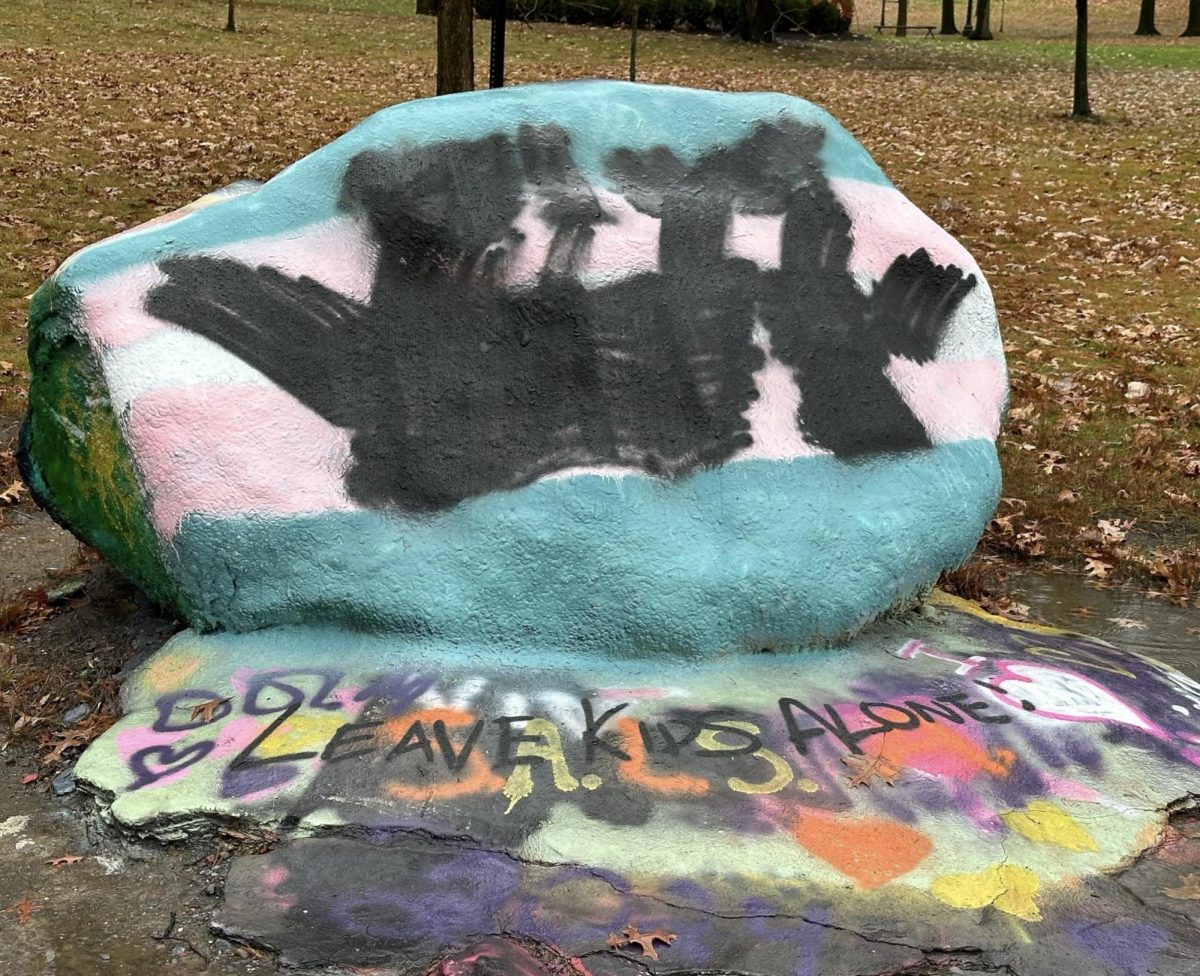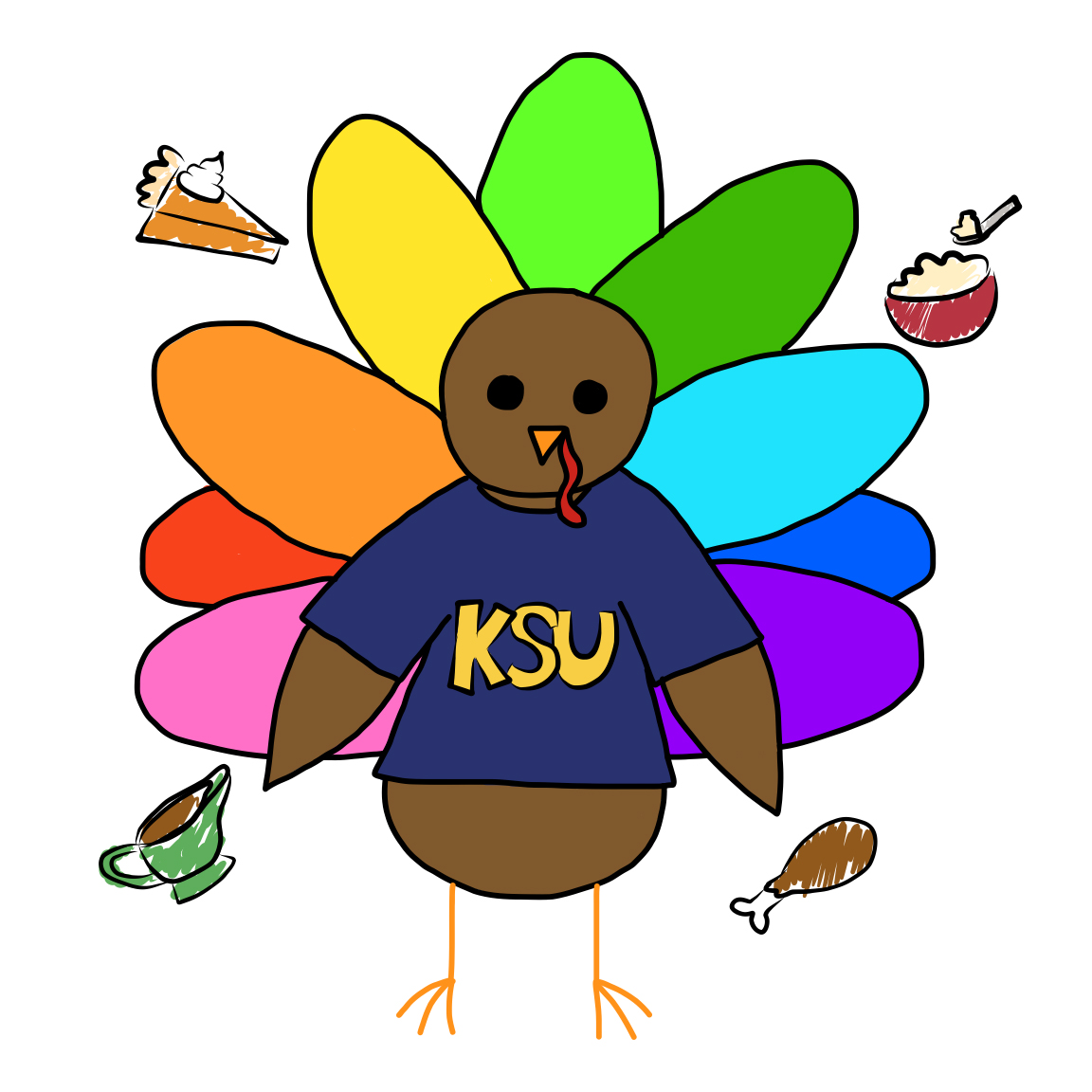The Brain Health Research Institute and the Design Innovation Institute encouraged neurodiverse students to create games that address different types of challenges in the “Let’s Make the Rules” event in the DI Hub April 5.
Lolita Winning, an administrative assistant at the BHRI, said the event was the Neurodiversity Research Initiative’s “Hackathon” Event. The neurodivergent-specific event was the first of its kind.
Lisa Audet, an assistant professor in the health sciences department helped plan and run the event.
Interview has been edited for clarity
John Hilber: Can you talk about the creation and the process of putting on the event?
Lisa Audet: We began talking about it a year ago — it was something Dr. Mike Lehman really wanted to do. We began talking about it, and when the leadership of the neurodiversity research initiative got together in the fall, they emphasized that they wanted us to do programs that were really designed to engage our neurodiverse students. In January, we really hit the ground running with the programming and the development of the project and having a day of game creation because the topic was engaging and fun. It spoke to what students would be interested in.
JH: Is this event something your department does a lot? Are events like this recurring?
LA: This is the first of its type of research. It is through the Neurodiversity Research Initiative and the Brain Health Research Institute.
JH: Do you plan on doing more events like this in the future?
LA: We’re expecting to learn from this one and getting input that will help shape future events.
JH: How often do you anticipate events like these?
LA: We consolidated on developing it, but we want to engage the neurodiverse student population more. I would see additional ones being in the future, but whether they would be every semester or once a year, I cannot tell you. There is interest in finding ways to engage and support our neurodiverse students. It is important to start to include these kinds of events on campus.
JH: Do you think people know a lot about this, or is this most people’s first exposure?
LA: I think it’s their first exposure to it. Universities are not doing hackathons designed by and for people who are neurodiverse, but universities have done hackathons by neurotypical people to address the needs of neurodiverse students. There’s a big shift where we really want to engage neurodiverse students through the process of developing events so we can emphasize the strengths of the population and use these events to also get neurotypical people to think differently about neurodiversity.
JH: What was the hardest thing you experienced with trying to set up the event?
LA: The hardest thing was time — with faculty, staff and students, our schedules were never really right. Everyone is overworked and busy with all kinds of things.
JH: Can you take me through the event’s itinerary?
LA: We will start out with basic orientation with discussion about team building, and a discussion about the strengths and pros and cons of working individually within a group or as a team. Then we’ll have a team building event. We’ll talk about the different games — To what purpose do games serve? What kinds of challenges do they address? For the most part during the day, the students will have time to develop their game idea that’s focused on addressing a particular type of challenge. At the end of the time period, they’ll explain their game. We’ll have a chance to play with each other’s games.
JH: Is there anything that occurs after the event? Does something happen to the games or the participants?
LA: If it’s from a team, we’ll have to talk about replication. We are going to be interested in their thoughts and where we take this and what the next step is.
John Hilber is assistant sports editor. Contact him at [email protected].





